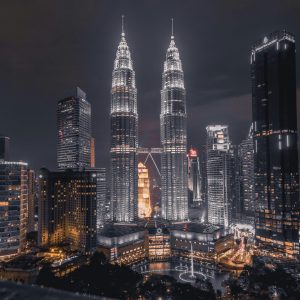Protest-hit Iran welcomes Musk’s internet service offer
TEHRAN, Iran (AA) – Iran on Wednesday welcomed SpaceX Chief Executive Elon Musk’s announcement about providing 100 active Starlinks to the Islamic Republic.
Speaking following a Cabinet meeting in Tehran, Minister Information and Communications Technology Issa Zarepour said Tehran welcomes the offer “provided it complies with the laws.”
In a tweet on Monday, three months after he promised to activate the internet service in Iran, Musk announced that his company is close to having 100 active Starlinks in the country.
“Approaching 100 Starlinks active in Iran,” Musk wrote in response to a tweet that read there is “more freedom for the women (in Iran) to choose whether they cover their hair or not.”
The US-based billionaire, who recently bought Twitter in a record-breaking deal, had in September said he would activate Starlink in Iran as part of an effort “to advance internet freedom and the free flow of information” to Iranians.
The offer came amid sweeping protests across the country over the death of a young Iranian woman, Mahsa Amini, in police custody.
In order to quell angry protests, Iranian authorities imposed curbs on accessing the internet while blocking many social media platforms, including Whatsapp and Instagram.
“According to the laws, any satellite operator that intends to provide internet services in the Islamic Republic of Iran must comply with the laws of the country,” Zerepour said on Wednesday.
He stressed that the Iranian laws “apply to all operators providing satellite internet services”, including Musk-owned Starlink and London-based One Web.
The minister said both companies have been notified that if they adhere to the country’s rules and regulations, they are “welcome to have their activities in the country”.
Regarding reports about some telecom companies incurring losses worth billions of dollars as a result of filtering in recent months amid protests, Zarepour said only Rightel Telecommunications has declared bankruptcy so far.
Iran has been rocked by widespread protests in recent months, resulting in the death of more than 200 people, according to officials. Foreign human rights groups, however, put the death toll at more than 450.
The filtering of social media and low internet has been part of measures taken by the government to restore calm, but the measures have been widely criticized.







